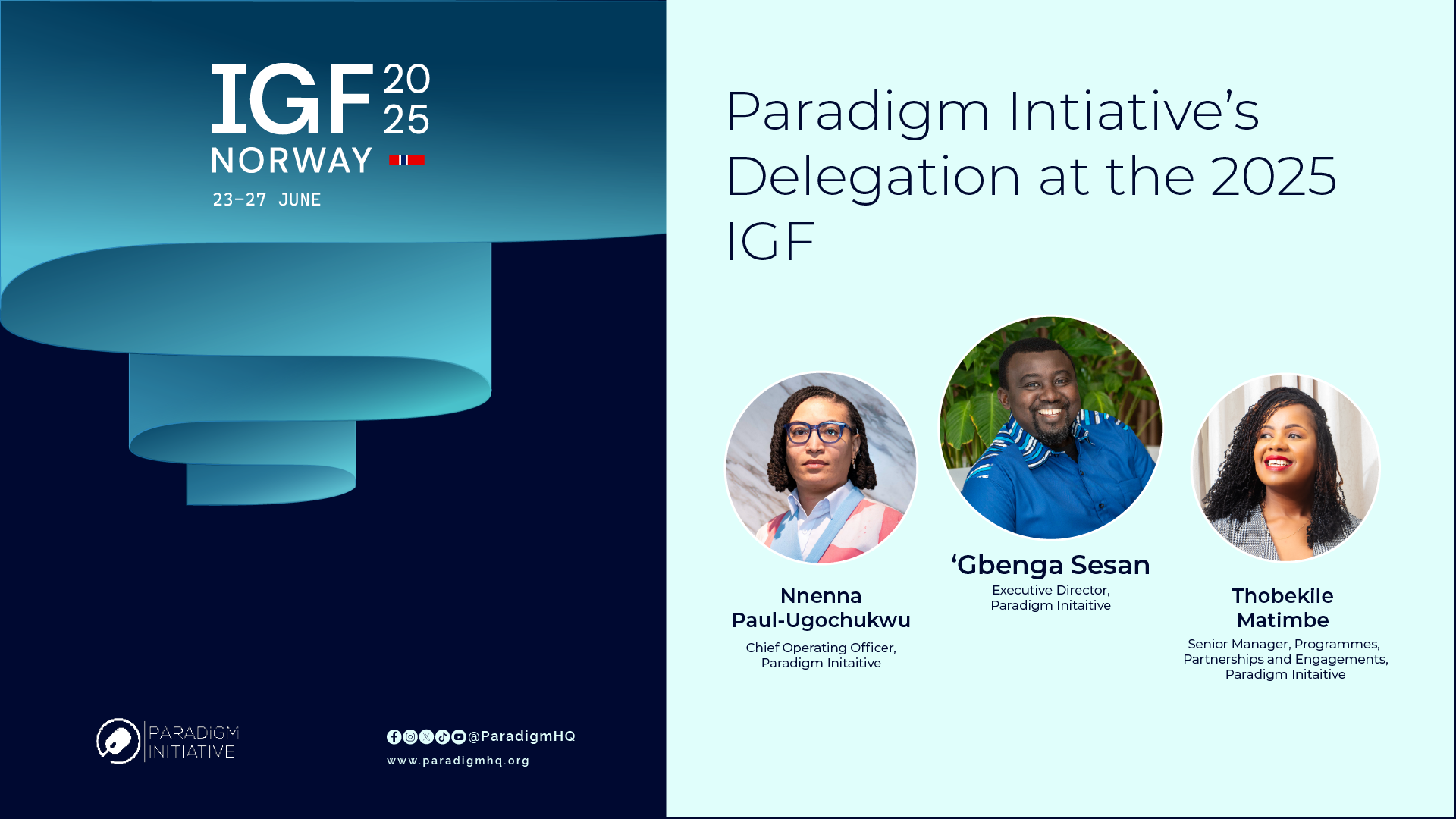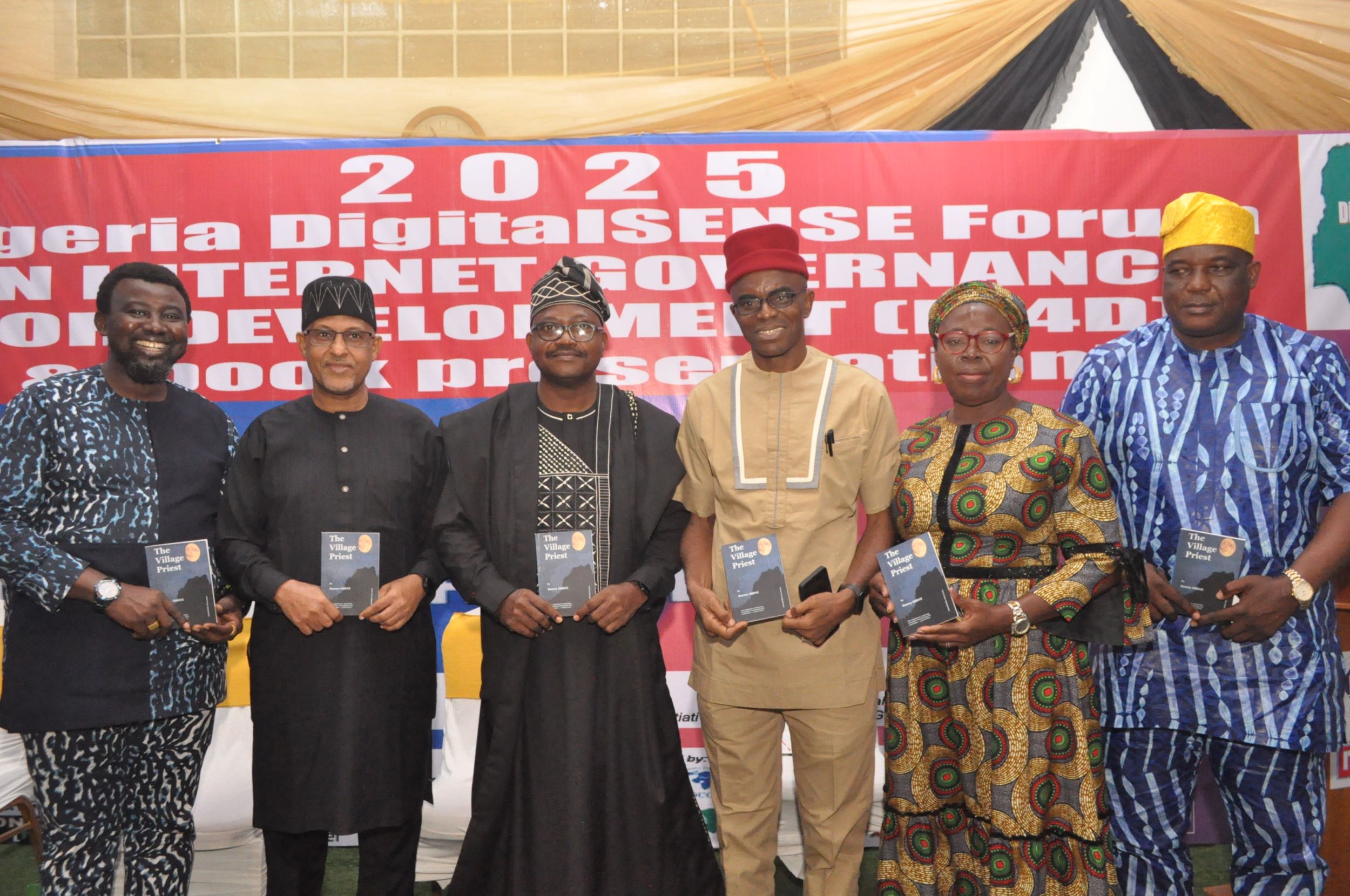Telecom
Telcos Lose N119Bn Monthly as Subscribers Abandon SIM Cards

MTN Nigeria, Globacom, Airtel, 9Mobile and ntel, the country’s main mobile network operators (MNOs), are losing monthly a handsome sum of potential revenues running into billions of naira to the rising profile of abandoned subscriber’s identity module (SIM) cards in the country.

According to report by business a.m., online news medium, as the total number of inactive SIM cards peaked at 85.49 million at the end of October this year, the total monthly amount lost by operators of global service for mobile communication (GSM) amounted to N118.983 billion.
Business a.m. said it arrived at the figure using the current average revenue per user (ARPU) in the industry which stands at $3.85 monthly at N362.464 to one dollar as benchmark exchange rate.
Experts in the industry have explained that by the Nigerian telecoms industry standard, a SIM card is labelled inactive after the subscriber failed to use it to access any telecommunications services for a period of 90 days at a stretch.
Data obtained from the industry regulator, the Nigerian Communications Commission (NCC) revealed that since inception of GSM services in the country, a total of 265.61 million telephone lines have been sold and connected by the MNOs including MTN, Globacom, Airtel, 9Mobile, nTel.
Analysis of latest industry figure from the NCC shows that within the first 10 months of 2019, a total of 6.33 million lines were made redundant by their holders despite 7.63 million new lines that were activated.
The trend of inactive lines continued in the country despite the rise in active mobile phone lines and tractions recorded in teledensity which at the end of October stood at 180.12 million and 94.50 per cent respectively.
In January this year, out of 249.22 connected lines, 75.59 million or 30.33 per cent were inactive. In February, 75.17 million, an equivalent of 30.26 per cent of total 248.45 million connected lines went completely offline, and as at March, out of a total 250.26 million lines that have so far been issued by operators, 76.83 million or 30.7 per cent were inactive.
The percentage went up in April (31.49 per cent), May (31.98 per cent) and June (32.78 per cent) when 79.67 million, 81.51 million and 84.74 million of total 253.05 million, 254.92 million and 258.49 million SIM connections were redundant respectively.
In July and August, out of 259.14 million and 263.62 million connected lines, 84.74 million or 32.55 per cent and 87 million or 33 per cent in that order were inactive.
As at the end of September, 85.5 million or 32.34 per cent of 264.40 million total connected lines had been abandoned for at least 90 days, while in October, 85.49 million subscriptions or 32.19 per cent out of total 265.61 million were inactive, leaving 180.12 million as the current active subscriptions in the system.
Telecoms consumers in Nigeria have been found to live multi-simming lifestyle where one person is in possession of more than one SIM card registered to his identity.
This trend is further promoted by the design and configuration of mobile devices type-approved by the NCC as many of the devices are made to accommodate more than a SIM card conveniently.
The operators have also been accused of contributing to the rising trend of inactive telephone lines in the system as their sales agents are often seen aggressively giving out SIM cards to existing and potential customers for free, or selling and registering the lines at ridiculously low prices.
Some subscribers told business a.m. during informal chats with them that they sometimes activated a SIM card just to enjoy a promo service being offered at that time by the operators, after which they ditched the telephone lines.
While telephone numbers assigned by the NCC to operators in ranges is seen as a scarce national resource, some industry experts hold that the situation is still normal since total active lines outnumber abandoned ones.
According to Olusola Teniola, the president of Association of Telecommunications Companies of Nigeria (ATCON), loyalty of prepaid customers to their networks is minimal, hence, it is easy for them to drop a line and go for another one.
He said: “With increasing migration of prepaid subscribers, from a usage basis, this means that there is far less loyalty to remain with an operator and easy for expats and mobile road warriors to dispense with SIM cards and return to obtain another SIM card when they return to Nigeria.
“So it is still okay that number of active SIM cards exceeds the number of inactive SIM cards. If it happens otherwise, it signifies saturation or heavy churn due to alternative offerings over Wi-Fi or other non-based SIM devices,” Teniola said.
He, however, observed that the telcos needed to win more post-paid subscribers to reduce the number of inactive lines.
“With more post-paid accounts the number of inactive SIM cards should decrease, as the SIM is usually provisioned subject to a tenured contract being in place,” he said.
Meanwhile, in a recently released numbering plan regulation, NCC said it would henceforth withdraw inactive lines after 12 months.
“Subscriber numbers that have not generated revenue by originating calls will automatically be recovered after 12 consecutive months,” part of the new numbering plan read.
In the new plan, NCC said it would conduct regular audit in order to ascertain the level of utilisation of numbers assigned to operators.
“The numbers issued will be categorised as follows: Assigned i.e. total number assigned by the regulator including operator codes; Quantity of numbers already assigned and sold to subscribers (SIM cards); Quantity of numbers in trade channels i.e. numbers with assigned SIM cards but not yet sold; Revenue generating subscribers during the preceding 90 days prior to the reporting period; and Quantity of numbers in quarantine,” the commission said.
Telecom
Lebara, New Operator Enters Nigerian Telecom Arena, Sells Minutes, Not Airtime

Lebara Nigeria has officially stepped into Nigeria’s bustling telecom market with the introduction of its unique 0724 number series—a bold move that promises fresh competition and a more transparent user experience.

Leveraging its status as a Tier 5 Mobile Virtual Network Operator (MVNO), the company is positioning itself not just as another telecom player but as a catalyst for change, offering innovative packages built on fairness and clarity.
From day one, Lebara Nigeria has been ready to compete with industry giants like MTN, Airtel, Globacom, and 9mobile, having secured full interconnectivity with all of them.
This critical footprint ensures that its voice and data services are accessible and of high quality nationwide.
Akin Adesokan, Lebara’s chief operating officer, highlighted the company’s strategic intent: “Our readiness with the 0724 series and full interconnect setup underscores our unwavering commitment to seamless integration, customer freedom, and market inclusivity.” Indeed, the company has taken considerable steps to ensure regulatory compliance and operational strength, leveraging its global expertise as an MVNO and its freshly minted licence under the NCC’s highest tier.
What truly differentiates Lebara’s offering is its unconventional pricing model. Eschewing traditional prepaid airtime, it sells voice bundles and data packages that align with real usage, not ambiguous credit deductions. “You buy minutes, not airtime. If your call ends in 30 seconds, you still have 99 minutes and 30 seconds left. That’s the kind of clarity and control we are bringing to Nigerian telecoms,” explained Samuel Alabi, head of Corporate Communications.
This clarity responds to a long-standing frustration among Nigerians, where ₦100 airtime often disappears quickly and opaquely. Lebara’s minutes-based system offers predictability and transparency—a refreshing contrast in a market hungry for accountability.
Lebara’s entrance is more than a marketing exercise; it’s a strategic diversification of Nigeria’s mobile ecosystem.
With over 220 million active mobile lines, Nigeria is Africa’s biggest telecom consumer.
The NCC’s move to licence 41 MVNOs, including Lebara, illustrates a policy shift aimed at introducing more competition and improving service quality. Technically agile and digitally native, Lebara leverages existing network infrastructure, augmented by automated systems—a lean operation compared to the capital-intensive MNO model.
he status quo. With strategic execution and continued regulatory support, this could mark the beginning of a new chapter: one where Nigerians no longer need to ask, “Can you hear me now?” but instead say, “Yes—and I know exactly what it cost.”
Telecom
PIN Pushes for Equitable Digital Governance at World Internet Forum

As the 20th Global Internet Governance Forum (IGF) opens in Lillestrøm, Norway, leading pan-African social enterprise Paradigm Initiative (PIN) is championing grassroots voices in global digital policy discussions.

Running from June 23–27 under the theme “Building Digital Governance Together,” the IGF unites stakeholders from civil society, governments, the private sector, and technical communities to tackle pressing digital issues such as access, AI ethics, surveillance, and content moderation.
The discussions also contribute to the upcoming World Summit on the Information Society (WSIS)+20 review in December 2025.
PIN’s participation comes at a time when digital governance decisions are increasingly shaping the future of billions. “It is essential that grassroots solutions are heard,” said ‘Gbenga Sesan, Executive Director of PIN. “At PIN, we believe that meaningful digital inclusion requires more than just connectivity.
“It demands inclusive, progressive and sustainable policies and frameworks built taking the realities of grassroots stakeholders into consideration.”
Representing PIN at IGF 2025 are Sesan, Chief Operating Officer Nnenna Paul-Ugochukwu, and Senior Manager for Partnerships and Engagements Thobekile Matimbe. They will engage in strategic sessions on topics like connectivity in excluded communities, AI accountability in content moderation, and human rights in emerging tech.
The team will also participate in coordination meetings with partners including Meta, UNESCO, the Freedom Online Coalition, and GPD.
PIN’s presence at the forum underscores its ongoing mission to embed digital rights within grassroots realities and to ensure that global internet governance frameworks are inclusive, accountable, and responsive to the needs of marginalised communities.
Telecom
Remmy Nweke’s “The Village Priest” Garners High Praise from Tech Community

Information and Communications Technologies (ICT) stakeholders have applauded the latest in bookshelf by Remmy Nweke, the Village Priest, which was presented at the recently concluded Nigeria DigitalSENSE Africa Forum on Internet Governance for Development (IG4D) in Lagos.

The presentation and review of the book, “The Village Priest” by Ogbuefi Remmy Nweke, largely described as a powerful narrative explored the intersection of tradition and innovation in rural Igboland, received widespread acclaim, with its themes resonating deeply with the event’s focus on ‘Global Digital Compact: Opportunities for Multi-stakeholders in Nigeria.’
The highly anticipated review was delivered by Mr. ‘Gbenga Sesan, Executive Director of Paradigm Initiative (PIN), a renowned social entrepreneur and advocate for digital rights and inclusion in Africa.
Sesan lauded Nweke’s prose fiction for its insightful portrayal of “innovative technology adaptation transforming rural communities,” describing it as “a careful work of cultural documentation, offering not just a story but a chronicle—a record of transition that many rural and even urban African communities continue to live through.”
Sesan’s review highlighted the book’s central character, Ogboo AniEze, the revered chief priest of Ilimefo, whose life is dedicated to preserving his village’s customs. The narrative unfolds as “the village and its people, their traditional practices and strong cultural heritage at the crossroads!” with the arrival of GSM technology—a “strange and mysterious piece of technology” that initially challenges Ogboo AniEze’s traditional views.
The review detailed the chief priest’s journey of reconciliation, from initial fear of GSM eroding cultural heritage to a profound understanding that the technology “also offered opportunities for growth, development, and connection with the wider world.” This transformation leads to a new era of harmony in Ilimefo, where “tradition and modernity coexisted in balance.” The book beautifully illustrates how mobile phones become “a powerful tool for preserving the village’s cultural heritage” and how interfaith collaboration, particularly with Catholic priest Fada Ekie, fosters a “fusion of traditions” and a “new spiritual identity.”
“It teaches us, without preaching,” Sesan concluded, “that true innovation is not in abandoning our roots, but in strengthening them with new tools.”
This year’s Nigeria DigitalSENSE Forum, was presided over by Dr. Jimson Olufuye, former President of the Information Technology (Industry) Association of Nigeria and a member of the UN Secretary-General’s IGF Multistakeholder Advisory Group (MAG), served as a crucial platform for discussing the future of digital governance.
Olufuye also commended the author, Nweke for his perseverance in serving the ICT industry as well as endearing documentation of the sector.
For the Managing Director, Internet Exchange Point of Nigeria, Mr. Muhammed Rudman, the latest book by Nweke depicts the gift of in depth creativity and urged him on, despite the challenges the sectorial environment throws at industry players.
Organized by ITREALMS Media and hosted under DigitalSENSE Africa (DSA), an At-Large Structure certified by ICANN, the forum brought together key partners including the Nigerian Communications Commission (NCC), Internet Exchange Point of Nigeria, Internet Society Nigeria chapter, Association of Licensed Telecoms Operators of Nigeria (ALTON), and ICANN.
The NDSF series, running since 2009, continues to “motivate public discourse and create awareness on the technological cum business benefits of rapidly advancing technologies capable of impacting on Internet Governance, Internet Protocol (IP) addresses and domain name industry, access and affordability,” while offering a vital platform for industry networking.
The event not only celebrated the literary achievement of Ogbuefi Remmy Nweke, a multiple award-winning journalist, but also reinforced the commitment of ICT stakeholders to fostering digital inclusion and innovation across Nigeria.

 Telecom1 day ago
Telecom1 day agoMTN Says New N6.98 USSD Charge Won’t Affect Airtime Recharge

 Telecom1 day ago
Telecom1 day agoNnaemeka Ani Calls on African Techies to Rewrite the Narrative

 General News1 day ago
General News1 day agoStudy Reveals 7% of Industrial Organizations Tackle Vulnerabilities Only When Necessary

 E-Financial1 day ago
E-Financial1 day agoSofri Rejigs Digital Platforms for Better Customer Experience

 General News1 day ago
General News1 day agoNITDA, NCFRMI Forge Strategic Alliance for Inclusive Digital Transformation of Displaced Nigerians

 Telecom1 day ago
Telecom1 day agoCrypto Scam Unmasked: U.S. Recovers Record $225m in Global Fraud Bust

 E-Financial1 day ago
E-Financial1 day agoDLM Group Unveils Innovative Sovereign Bond Backed Composite Notes

 E-Financial1 day ago
E-Financial1 day agoFidelity MD,Onyeali-Ikpe Champions Lifelong Learning and Sisterhood for Women’s Career Growth






















